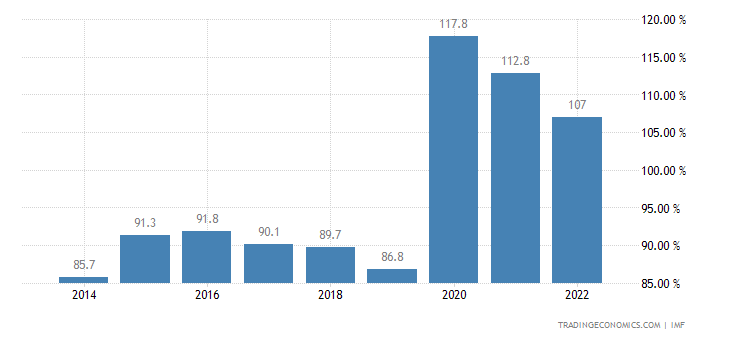A Major Recession Indicator Suggests Canada’s Economy Risks Hitting ‘Brick Wall’
The Canadian economy has been on a hot streak recently, but a closely-watched indicator of tough times suggests the country may be in for an economic slowdown within the next two years.
The indicator that's flashing red is called the "yield curve," and it has to do with the interest paid on government debt.
What is a yield curve?
Like other governments, Canada issues bonds (i.e. borrows money) on the open market. Typically, buyers of those bonds demand a higher interest rate for long-term debt than for short-term debt.
That just makes sense: If you're going to lend for longer, you're taking a larger risk, so you demand more reward. This trend of interest rates rising for longer-term debt is called the "yield curve."
But sometimes, investors demand higher interest rates on short-term debt than on long-term debt. Analysts call this an "inverted yield curve," and it's taken very seriously because it's very good at predicting recessions.
In simplest terms, when the yield curve inverts, it means investors believe the economy will be weaker in the long run than it will be in the short run. They see trouble ahead.
And since these people are the investor class who control a great deal of the flow of capital through the economy, when they believe tough times are ahead, it tends to become a self-fulfilling prophecy.
Canada's yield curve hasn't inverted yet, but the chart below, from Bank of Montreal, shows it's rapidly heading in that direction.
Note how, when the spread turns negative, there is often a recession shortly after (the gray areas on the chart). Today the spread is clearly headed towards negative territory.
How reliable is the yield curve in predicting hard times?
According to numbers crunched by Bloomberg, since 1961 Canada's yield curve has inverted 15 times, and 10 of those times were followed by at least one quarter of economic contraction. So in essence, it has a 66 per cent chance of correctly predicting a downturn.
